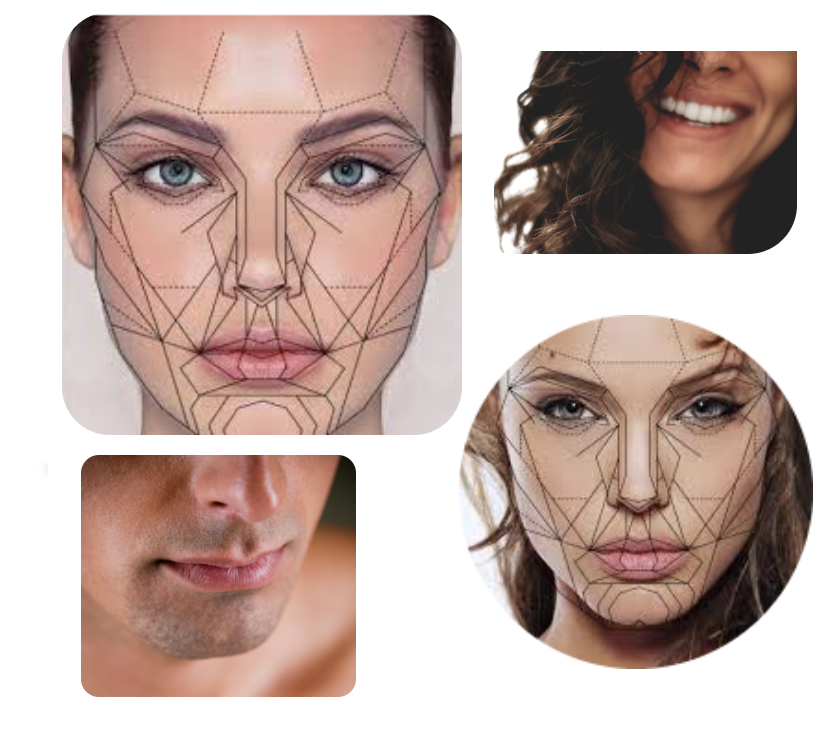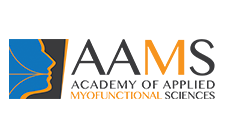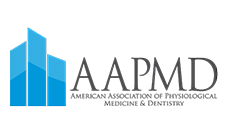
Striving for Symmetry & Proper Jaw Development
Striving for Symmetry & Proper Jaw Development
Orofacial Myofunctional Disorders (OMDs) are disorders of the muscles and functions of the face and mouth..
Orofacial Myofunctional Disorders (OMDs) are disorders of the muscles and functions of the face and mouth.
OMD
Orofacial Myofunctional Disorders (OMD’s) are any habit or condition that interferes with proper development and action of the orofacial muscles. This includes muscles of the tongue, lips, cheeks and jaw. Incorrect habits can lead to improper development of the teeth, speech, chewing, swallowing, poor table manners, and poor resting tongue posture.
Signs & Symptoms
Examples of Orofacial Myofunctional Disorders can include one or a combination of the following:
- Thumb and finger sucking habits
- A routine habit of resting with the lips apart
- A forward resting posture of the tongue between or against the teeth
- Tongue Thrust
- Other harmful oral habits

OMDs affect people of all ages
OMDs affect people of all ages
Children, teenagers, and adults may suffer from Orofacial Myofunctional Disorders. OMDs may interfere with normal growth and development of the muscles and bones of the face and mouth. OMDs may also interfere with how the muscles of the face and mouth are used for eating, talking, and breathing. People who have an OMD may also have problems with talking, swallowing, and breathing through their nose. Some children push out their tongue when they talk, drink, or eat. This is called tongue thrusting and it is one type of OMD.
Do you suffer from any of these?
People with myofunctional habits can identify many symptoms, but are often unable to tie it all together.
A Myofunctional Therapist will help identify the concerns and educate the patient on why treatment is necessary.
The symptoms, or concerns, of the patient include but are not limited to the following:



